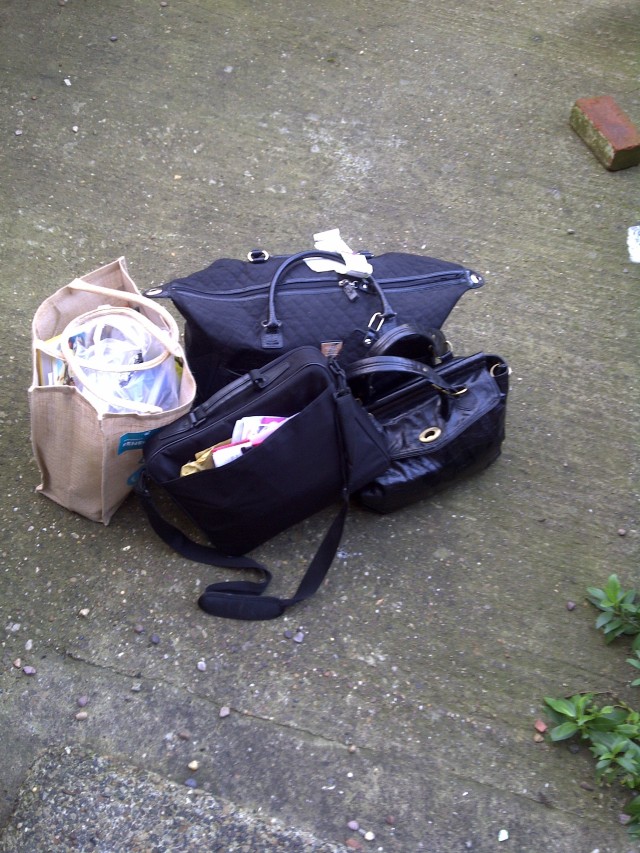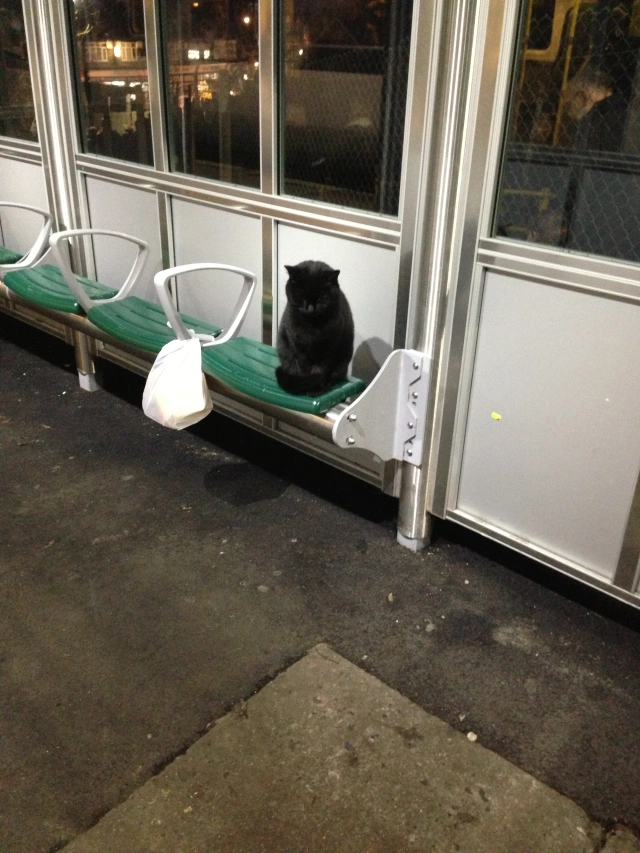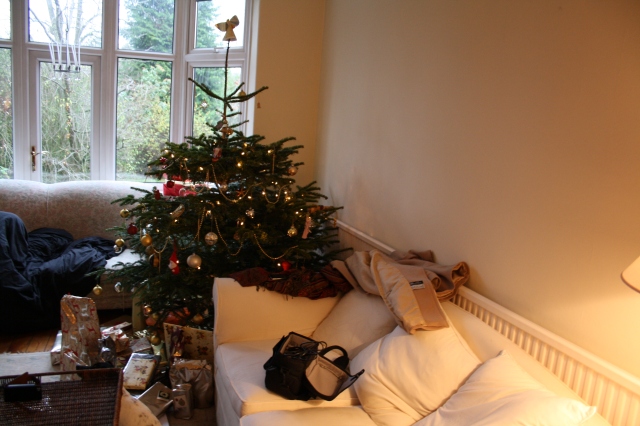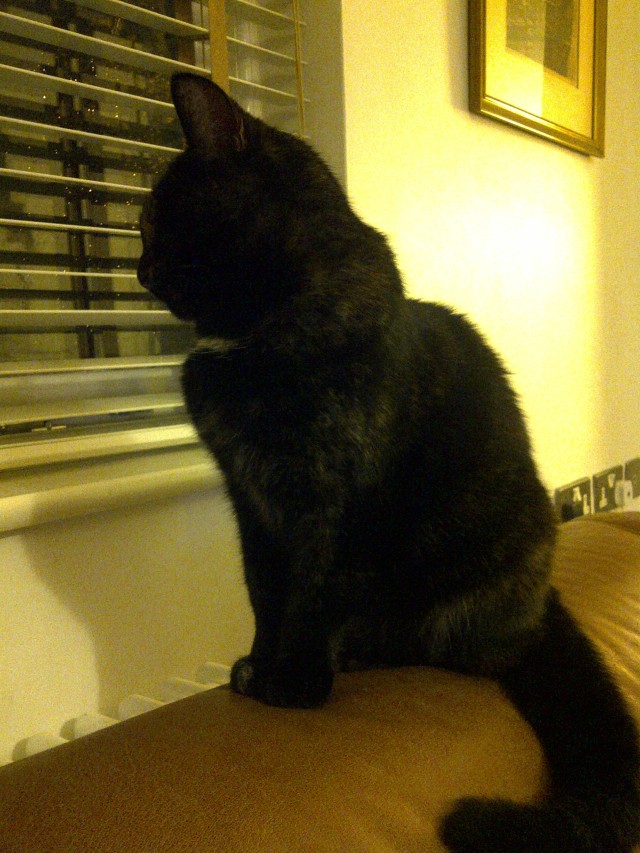
When the bags have been put down, there is little point in tampering with them
I have for the past few weeks been seeing a therapist, which is exactly what prompted this post. The reason that I decided to push my pride aside and let my extensive psychological knowledge (yes, I am boasting!) go, was because I knew I needed help. The reason that I needed it, was because I am suffering from ongoing health problems which significantly afflict a large portion of my life (sob). With no quick and clear end of these health problems subsiding any time soon, I decided that I wanted help with reducing the psychological stress that arose from them. Thus I opted to see a therapist…
Now baggage can come in many different shapes and sizes; formed for, and as a result of, different factors and exerts its influence in a whole range of different ways. Many of us, I believe are born with a certain amount of ready packed baggage in the form of personality traits which aren’t always helpful. Then of course there is the amount of baggage that is accrued as we travel through life. I have always been very much aware that I have been prone to the acquisition of such baggage due to a lifetime of difficult events and situations. From early childhood I have very much struggled to overcome challenges, which I believed made me resilient to a lot of other situations that I had to face through the years.
It is maybe due to this awareness that I have always been keen to tackle these problems head on. Maybe it was ever since I learnt about Freud’s concept of repression and how damaging it could be, that I have been determined to lay my issues to bed in the best ways possible. I think this is why I find it very hard to be dishonest now, even in situations whereby lying would be the kindest thing to do: “No you don’t look fat”, “yes, of course I think you can do it”, “no, I don’t mind”. It is almost like an allergy to dishonesty. Personally I like to be told things straight, so that any problems can be addressed and misunderstandings can be avoided. This naturally applies when I am dealing with myself. I don’t like to pretend I’m happy when I’m not. I want to examine what it is that I find difficult or what causes unsavoury emotions because otherwise how will these things be rectified?
There are a lot of issues from my childhood and teenage years that I found although I could address them, I couldn’t lay them to rest. There was a part of the healing process that was out of my hands. These came in the form of acknowledgement from my parents of certain difficult times, when perhaps they conducted themselves in a way that made things particularly hard for me at the time and therefore rendered a lot of unresolved emotion. I am lucky in the respect that I later became able to have candid conversations with my parents whereby I received apologies, reassurance and explanations. I genuinely believed that this enabled me to let the past hurt and destruction go.
This may be true, at least on a cognitive level and I really do not feel that I harbour resentment for anything that I was put through as a result of my parents failings. I know it wasn’t easy for either of them and both of them had to battle to find their own happiness, which meant that they couldn’t always put me first. I don’t blame them. They are only human and they possess amazing qualities that not only do I admire them for, but I have them to thank for some of these qualities being instilled in me.
My problem with baggage seemed to be a fairly recent one. It is a problem that unnerves me a fair bit, having always endeavoured to let the past go and look ahead. My problem comes when the baggage resurfaces in the worst and most powerful form possible. It is a sweep of such drowning and sorrowful emotion that I never feel that my tears are enough to relieve it. This is a very strange experience to me, as I cannot recall a period where I have felt so knocked, vulnerable and helpless. Explanation of such phenomena would benefit from a partial explanation of some themes in my life.
Betrayal: My mum left my dad when I was about 5 years old. I remember that there was an element of betrayal in how I felt about it. Maybe because I was a daddy’s girl, maybe because my dad felt betrayed and this transferred down to me, maybe because she quickly moved in with her friend who then became an unconventional step-father figure.
When I was 14, my mum then left me for a quiet life with a fat stupid man, instead of helping me through some of the most difficult years of my life so far. Not long after that, my dad seemed to transfer all of his love and attention to his gold digging girlfriend and her “IVF” kid.
I suppose this is sufficient to set the basis for a sensitivity towards betrayal, which I also suppose runs hand in hand with the other predominant theme of baggage in my life: Abandonment. It is the two of these themes that sets perfect conditions for feelings of isolation which have been primed further by the fact that I am an only child, I don’t have a close family, I have tended to live geographically apart from where my friends and school have been and, I suppose, I err on the side of being alone because it beats the hell out of being left alone.
As you may be able to tell, I am frightfully aware of all these “psychological frailties” and so it truly does unnerve me when I feel emotions that I have not felt for years now enveloping me. Or do I? Actually I think not. As previous blog posts (and the lack of over the past month) have shown, my health has been pretty Goddamn awful. It is this, in actual fact that makes me feel so bereft, as I am sure it would to anyone who had a limited social circle/family nearby, a demanding job, a limited bank account and a preference to jolly well be healthy again!
I did in fact, warn the therapist straight away that I am an individual that has always psychoanalyzed myself, which at times may not be very productive but on the most part has fared me well. So I thought that I would bear with him when he wanted to discuss my past; I gave him the benefit of the doubt when he wanted to explore my past and had little to say when I was not forthcoming in such a subject and wanted to discuss my present problems. But there is only so much patience and bullshit that I am prepared to take. Let me please illustrate for you a little how one of my lasts sessions went:
Me: I get really upset and feel really lonely because of this illness… it stops me from being able to do things and I feel isolated because I feel I can’t join in with everyday life. I’m just constantly stressed out and worried by this.
Him: lonely? What makes you feel lonely?
Me: The fact that I have to keep going through this illness and no one can really give a quick solution or make it better and nobody really understands how it feels to have this day in day out. (I kindly embellish to give him an opportunity to say something sensible) I get frustrated because I communicate clearly to others what the problem is and how it makes me feel and they seem to understand, but then at some point – be it a couple of hours, days, weeks- they will do or say something, that makes it seem like they don’t understand at all. (I give him an example of my mum listening to me tell her what the health problem diagnosis was and then suggest advice from a woman who had something vastly different)
Him: So you don’t feel understood?
Me: No I feel understood but I feel like people forget.
Him: You feel forgotten? You must have felt forgotten when your mum kicked you out, or your dad bla bla bla.
__________________________________________________________________
Yes quite. I am all for therapy but I am not for amateur therapy, especially not when it entails dragging up emotion from the past unnecessarily. The next time I got upset about the stress of my health condition, I was actually convinced that all of this awful unresolved emotional trauma was still weighing down heavily on me. I believe I sobbed to my boyfriend that this was so. Sorry boyfriend, I was misled. I know that I have resolved my issues a long time ago, and I know that sometimes naturally there may be some residue of left-over emotion at poignant points in life. This is not reason enough to indulge in past grievances that have well and truly been laid to rest. In fact I am aggrieved that a “therapist” would prey on someone emotionally vulnerable for quite different reasons and seek to dig up past woes, when in actual fact all the person wants is some better coping mechanisms for stress arising from a physical ailment.
I am all for exploring the past and I do think that this can be a terribly helpful process for those who’ve never endeavoured to before, in some cases. I have though, and to rehash old news is frankly a waste of my time. I look to better the present. So dear Mr Therapist, I will reiterate: please leave old baggage well alone!








